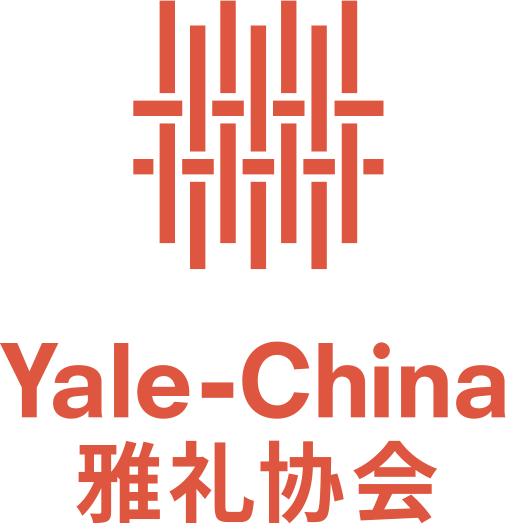Minh Tran
Senior Director of Research and Academic Partnerships at Education First
Chinese University of Hong Kong, 2011-2013
Originally published in August 2017
Where do you currently work and what does your job entail?
I currently work at EF Education First, one of the world’s largest private education companies, where I manage our EF English Proficiency Index research series, which measures the English levels of 80 countries and examines the effects of countries’language policies and investments on language proficiency and economic competitiveness. I was also part of the team that launched the EF Standard English Test (EF SET), the world’s first free standardized English test, and I spend a lot of time on the road—23 countries and counting—to promote the EF SET and speak about research and innovation at EF. Finally, I have the privilege of overseeing EF’s partnerships with ministries of education and universities around the world for large-scale language assessment and research projects.
Did you consider graduate school over the Fellowship? If so, why did you choose the Fellowship?
In my senior year, I considered three options: join Teach for America, do the Yale-China Fellowship, or go to graduate school. I had even received the Rockefeller Fellowship for Teachers of Color to complete a Master’s in education. However, I felt like I had gotten enough theory from the Yale Teacher Prep program (which no longer exists), so I just wanted to get into the classroom and start teaching! I first taught for two years with Teach for America then two yeas with Yale-China. After four years of teaching, i wanted to explore the private sector so I joined EF Education First as an EF360 Global Management Trainee. I’ve been with EF ever since and am now completing my Doctor of Education (EdD) in English language education as a part-time student at the University of Hong Kong.
Do you see the Fellowship in your life today? If yes, how so?
Absolutely. Since I haven’t left Hong Kong, I still play badminton with my CUHK buddies and grab dinners with many former students, and it has been great fun to follow my students’development as they become doctors, pilots, flight attendants, journalists, teachers, police inspectors, etc. I’ve been fortunate to have three former students —all CUHK English Department First Honors graduates—work with me as summer interns and full-time staff at EF Education First. With their superb language skills and attention to detail, Fred, Henry, and Skylar have been invaluable resources on my team. Finally, as a member of the Yale-China Hong Kong Advisory Committee, I have the honor and pleasure of supporting Yale-China’s exciting work in this great city.
What would you say to a student nervous about teaching?
It’s normal to be nervous. Just transform your nerves into enthusiasm for preparation, preparation, and preparation! The more prepared you are, the less nervous you’ll be on the first day of class. Have a vision for every minute of your class—know exactly what you’ll say, how you’ll say it, and how you’ll manage the possible reactions your students will have to those reactions.
What tips do you have for Yale graduates going into teaching for the first time?
Invest the time and effort to build strong relationships with your students. If you know your students well, you will know how best to teach your students, and your students will be much more likely to behave and comply with your vision for the classroom.
Aside from teaching, how did you spend your time for two years in Hong Kong?
I joined the New Asia College staff badminton team and the Daisy Li Hall running club. Sports are the best way to quickly integrate into the college community. Outside of CUHK, I went to Su Bong Zen Monastery nearly every morning for meditation practice.
Why would you recommend this experience to another Yale graduate?
The Yale-China Fellowship is very special. When you join the Fellowship, you become a part of a century-long legacy of Yale “bachelors” teaching in China. the relationships you form with other Fellows, alums of the program, your students, and the local community will be your treasures for a lifetime. Through teaching and community engagement you will learn so much about yourself and about china. Finally, the program gives you a lot of time to explore your own interests (for me, it was travelling and Zen practice); to have this kind of time is rare and super precious in today’s fast-paced world.
